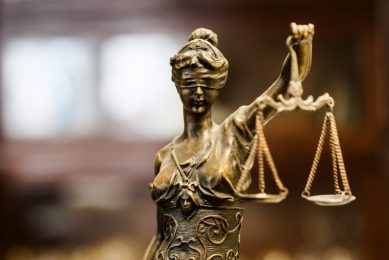Overview
The United States system of government and law exists and is structured to protect our rights to liberty, democratic self-governance, and equal protection of the law. Individuals can use the legal system to advocate for their civil rights and work to close any gaps that exist between American constitutional ideals and reality. Civil rights litigation is important in upholding the rights of all Americans, including the most vulnerable members of society. Thousands of civil rights cases over the last fifty years have transformed schools, prisons, mental health facilities, housing authorities, police departments, child welfare agencies and more. Ordinary citizens have used litigation to enforce federal statutes and constitutional provisions that require fair treatment by government and prohibit discrimination on the basis of race, color, sex, disability, religion, familial status and national origin. In the process, they have protected and enforced their own rights as well as the rights of countless others.
This unit introduces students to the concept of civil rights litigation. It asks students to consider how the litigation process reflects fundamental values and principles of American constitutional government. By the end of this unit, students should be prepared to talk about how the civil litigation process reflects these values and principles, and to describe civil rights litigation and its current scope.
Unit Questions
- How do the fundamental values and principles of American constitutional government shape our legal system, including its rules and procedures?
- How do ordinary people use the legal system to realize the values and principles of American constitutional government?
Lesson 2: What are the Steps of Litigation?
Lesson 3: What is Civil Rights Litigation?

